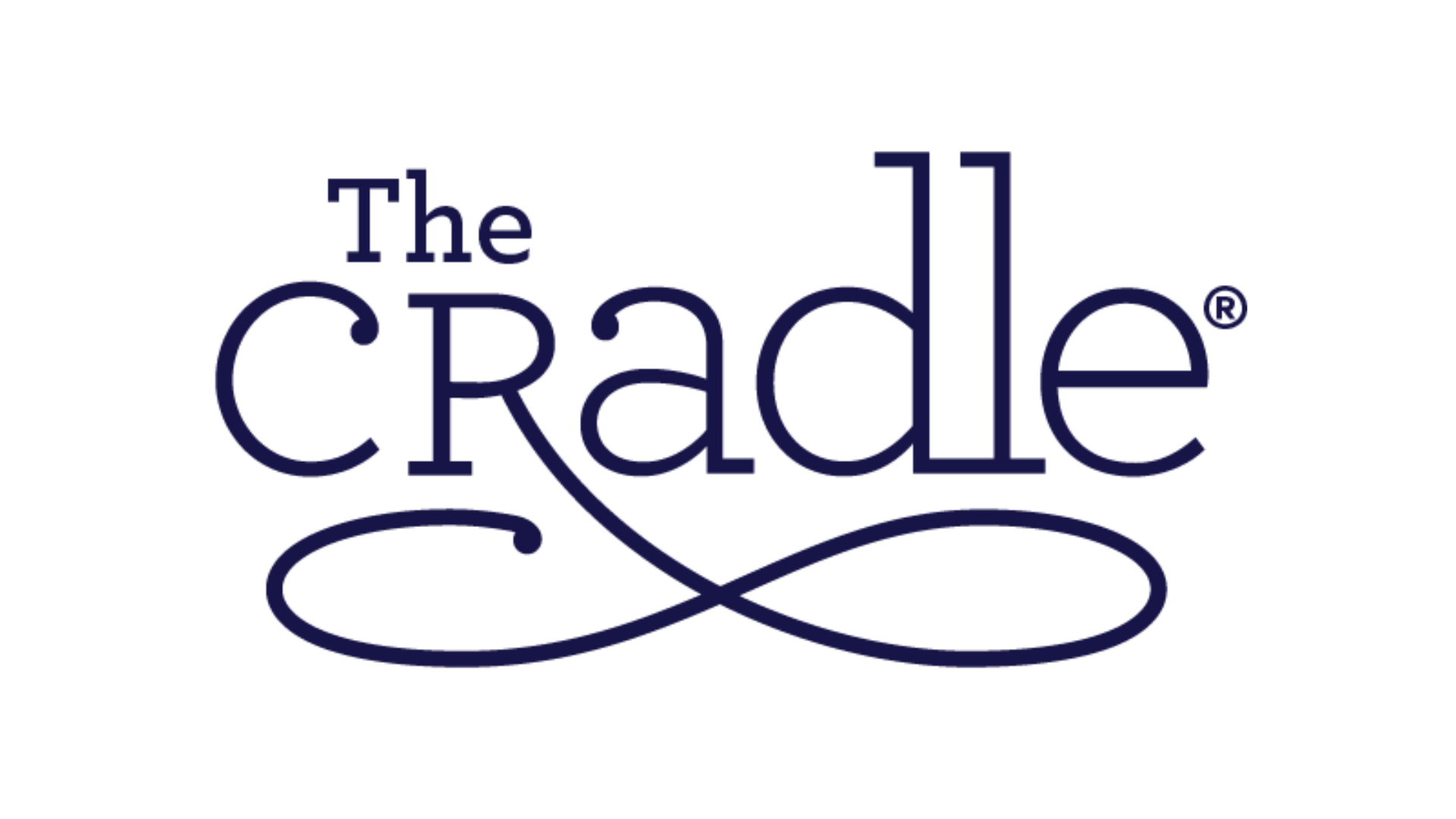Adoption impacts birth parents in complex, emotional ways after a child has been placed with an adoptive family. Learn what Cradle counselors often hear from birth parents and what adoptive parents should know.
The adoption journey is different for everyone. Adoptive parents experience a range of joys and challenges, but they may not be familiar with the complex emotions birth parents face both during the adoption process and after their child has been placed with an adoptive family.
Arletta Barbel, MA, and Meg Hopps, LCSW, both expectant parent counselors at The Cradle, share some of the concerns and experiences they often hear from birth parents, in the hopes they can help adoptive families better understand the birth parent side of the adoption story. When adoptive parents better understand what birth parents may be going through, it can encourage empathy, improve open communication and create better open adoption relationships.
1. They’re Dealing With Their Own Lives and Challenges
First and foremost, there isn’t any one type of person that chooses adoption. Like anyone else, birth parents are navigating challenges in their own lives — sometimes including parenting other children — and this can make it difficult at times to maintain contact with an adoptive family. Adoptive parents need to know that birth parents love their children intensely, and adoptive families should not be discouraged or blame themselves if birth parents are not always (or ever) as engaged as they hoped.
“If the communication is lacking or the relationship is not what everybody was hoping for or expecting, it has nothing to do with the child,” Hopps says. “It’s more about the battle birth parents are facing, the emotions they’re going through and the grieving process.”
Why Maintaining Contact Can Be Challenging for Birth Parents
There are many reasons why birth parents may not want initial contact with adoptive parents or why contact may lapse over time, including:
- Unresolved grief: Often, birth parents may still be processing grief long after their child has been placed with an adoptive family. “That unresolved grief can be almost paralyzing,” Barbel says. While some birth parents may never be ready for contact, others may need time to work through these feelings of grief before they can reconnect with the adoptive family.
- Judgment from others: In some cases, birth parents may be dealing with non-supportive family and friends, which can increase the shame and guilt they experience and make them feel anxious about ongoing communication with an adoptive family.
- Self-doubt: Birth parents may question whether they made the right decision placing their child for adoption, and they may be worried to check in with an adoptive family because they are scared to have their fears confirmed.
- Feeling unworthy: Birth parents may not feel entitled to a relationship with their child or adoptive parents. “It’s easy to tell yourself, ‘I couldn’t raise this child. I chose somebody that could. Why should I get to continue to have this relationship if I’m not able to care for the child myself?’” Hopps says.
2. Adoption Has a Complex Emotional Impact on Birth Parents
Birth parents experience a range of emotions throughout the adoption process. They may also be going through challenging situations in their personal lives that add to the intensity of these feelings. Some of the most common emotions birth parents experience include:
- Shame: Some birth parents feel ashamed of their pregnancy or their decision not to parent their child. Additionally, some birth parents have other children they are parenting, and report feeling embarrassed to disclose their pregnancy and adoption plans to their friends, family or current children.
- Frustration: It is common for birth parents to feel powerless and frustrated by their situation. They may feel like their options are limited, especially in cases where they are also dealing with a challenging partner or difficult family members.
- Rejection: Some birth parents may feel rejected if there is a delay in communication with adoptive parents or if they don’t feel that the adoptive family is making time for them. “Sometimes birth parents internalize that,” Barbel says. “They may think, ‘Maybe they don’t want this relationship,’ or ‘I’m not a priority now that placement has occurred.’”
- Guilt: Guilt is one of the most common emotions birth parents experience. They often feel guilty that they cannot provide for or parent their child. This can be especially challenging for those who are parenting other children.
- Relief: Not all emotions birth parents experience are negative. Birth parents often feel relieved that their child is placed and doing well with their adoptive family.
These feelings don’t go away after a birth parent’s child is placed with an adoptive family, and many birth parents will continue to process and struggle with these complex emotions for years.
3. Commit to Openness From the Start
Prioritize openness from the start and keep any promises you made before placement. “Birth parents really want adoptive families to know how important it is to start a relationship from the beginning and to be consistent,” Barbel says.
Navigating an open adoption can be challenging. That’s why The Cradle provides ongoing support by assigning dedicated counselors to work with adoptive parents and birth parents throughout the adoption process. The Cradle also facilitates meetings with adoptive parents, birth parents and their respective counselors a few months after placement. This offers an opportunity for everyone to discuss the open adoption relationship and begin to work through any challenges in a safe, supportive setting.
“It’s helpful to have counselors present to navigate challenges or issues with openness,” Barbel says. “This is a new relationship, so it’s not always easy for birth parents to bring up concerns on their own, especially on a first face-to-face visit,” Barbel says. “That first visit with their birth child can trigger a lot of things for birth parents.”
4. They Aren’t Trying to Overstep Your Boundaries
“There’s no reason to be scared of a birth parent,” Hopps says. Adoptive parents sometimes worry about birth parents being too involved and overstepping boundaries, but this is rarely the case.
“A lot of times, they don’t feel like they have much say or power, and we are just encouraging them to have a voice,” Barbel says. “They don’t want their child to be confused in any way.”
How Adoptive Families Can Support Birth Parents After Adoption
One thing adoptive parents may not realize is that there is a dramatic power shift once birth parents place their child with an adoptive family. “Suddenly birth parents don’t feel like they have much say or power,” Barbel says.
It’s common for birth parents to feel vulnerable after placement, and they can be hurt if they no longer feel like a priority for the adoptive family. Below are some ways adoptive parents can foster stronger communication and make birth parents feel valued and supported:
- Give regular updates: Maintain consistent communication with birth parents even if you don’t always get a response. Barbel notes that contact does not always need to be reciprocal to be valuable for birth parents. “It can be very difficult — sometimes even awkward and painful — for birth parents to respond to news about their child, but they still look forward to the updates,” she says. “Being able to see updates, to know how their child is doing over time and to know that they made the right decision is reaffirming.”
- Reach out first: Be the first to reach out if contact with a birth parent has lapsed. Because adoptive parents hold the power in the relationship, birth parents may be reluctant to reach out after a significant lapse in communication, even when they want to reconnect.
- Acknowledge their long-term role in your child’s life: “Birth parents want to feel supported, acknowledged, heard and validated,” Barbel says, “and to know that they are an important part of this process.” Often birth parents do not feel entitled to name their child at the hospital, but it can be incredibly meaningful for adoptive parents to honor a birth parent’s choice of first or middle name for their child.
The Cradle’s counselors are always available to offer support, no matter where you are in your adoption journey. “We’re all here for our clients,” Hopps says. “Every step of the way.”
If you’re looking for help navigating relationships with birth parents, The Cradle can provide educational resources, connections with mentors and adoption-competent counseling. Contact one of our counselors through our online inquiry form or call us at 847-475-5800.














